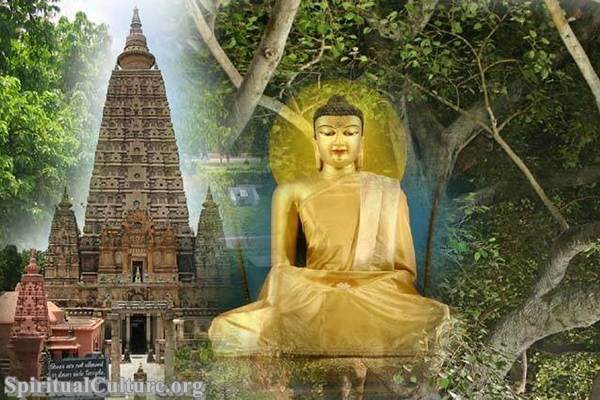In Buddhism, bodhi is the ultimate goal of the spiritual path. It is the state of complete understanding and insight into the true nature of reality, which is said to bring an end to the cycle of birth and death (samsara) and the attainment of liberation (nirvana). The word “bodhi” literally means “awakening” or “enlightenment” in Sanskrit and Pali, the language of the Buddhist texts.
The historical Buddha, Siddhartha Gautama, is said to have attained bodhi under the Bodhi Tree in present-day India. According to tradition, after six years of intense spiritual practice and meditation, he understood the true nature of reality and the cause of suffering. This experience is often referred to as “the great enlightenment” or “the great awakening.”
Bodhi is often symbolized by the Bodhi Tree, under which the Buddha is said to have attained enlightenment. The tree is also considered a sacred site and is visited by many Buddhists as a place of pilgrimage.

The concept of bodhi is central to the practice of Buddhism, and the attainment of bodhi is considered the ultimate goal of the spiritual path. However, it is important to note that bodhi is not a destination or a state that can be attained once and for all but rather a continuous process of spiritual development.
In addition to the historical Buddha, bodhi can also refer to the enlightenment of any individual who has attained this state of understanding and insight. In Buddhism, there are different levels or stages of bodhi, and it is believed that one can continue to progress along the path toward complete enlightenment.
The path to bodhi involves following the Eightfold Path, which includes right understanding, intention, speech, action, livelihood, effort, mindfulness, and concentration. These are considered the principles or guidelines for living a virtuous life and developing wisdom and insight.
Along the path, practitioners may also engage in different spiritual practices, such as meditation, the study of Buddhist teachings, and ethical conduct. The ultimate goal of these practices is to purify the mind and develop wisdom and insight, which leads to the attainment of bodhi.
In summary, bodhi is a central concept in Buddhism and refers to the state of enlightenment or awakening. It is considered the ultimate goal of the spiritual path and is characterized by a deep understanding of the true nature of reality and the end of suffering. It is not a destination but a continuous process of spiritual development that is attained through the following of the Eightfold Path, spiritual practices, and ethical conduct.





